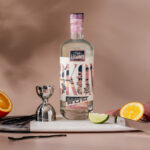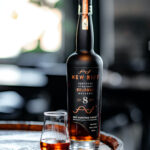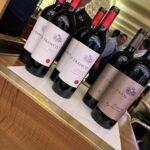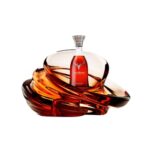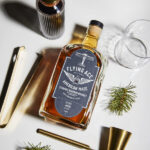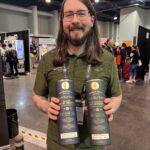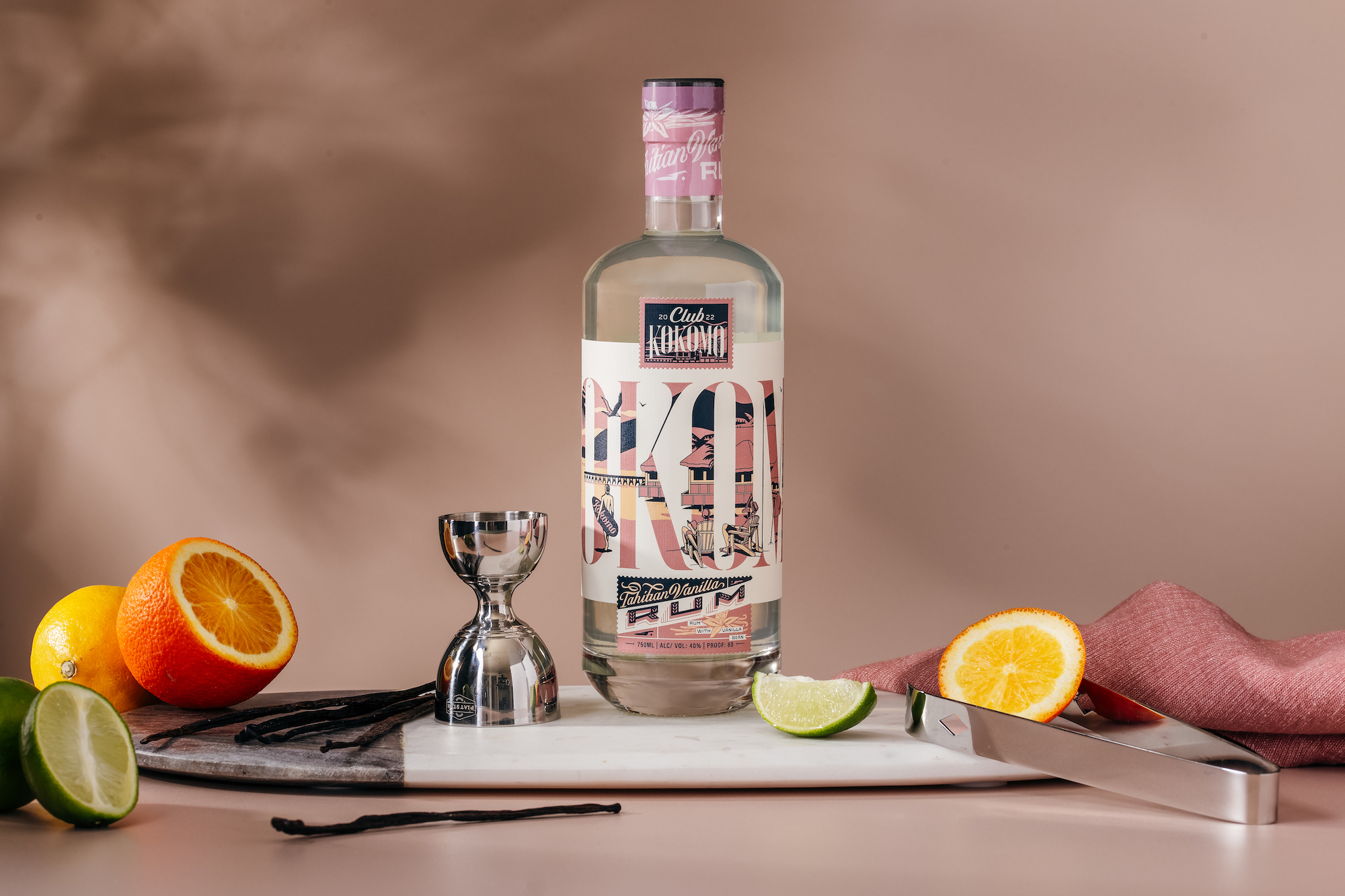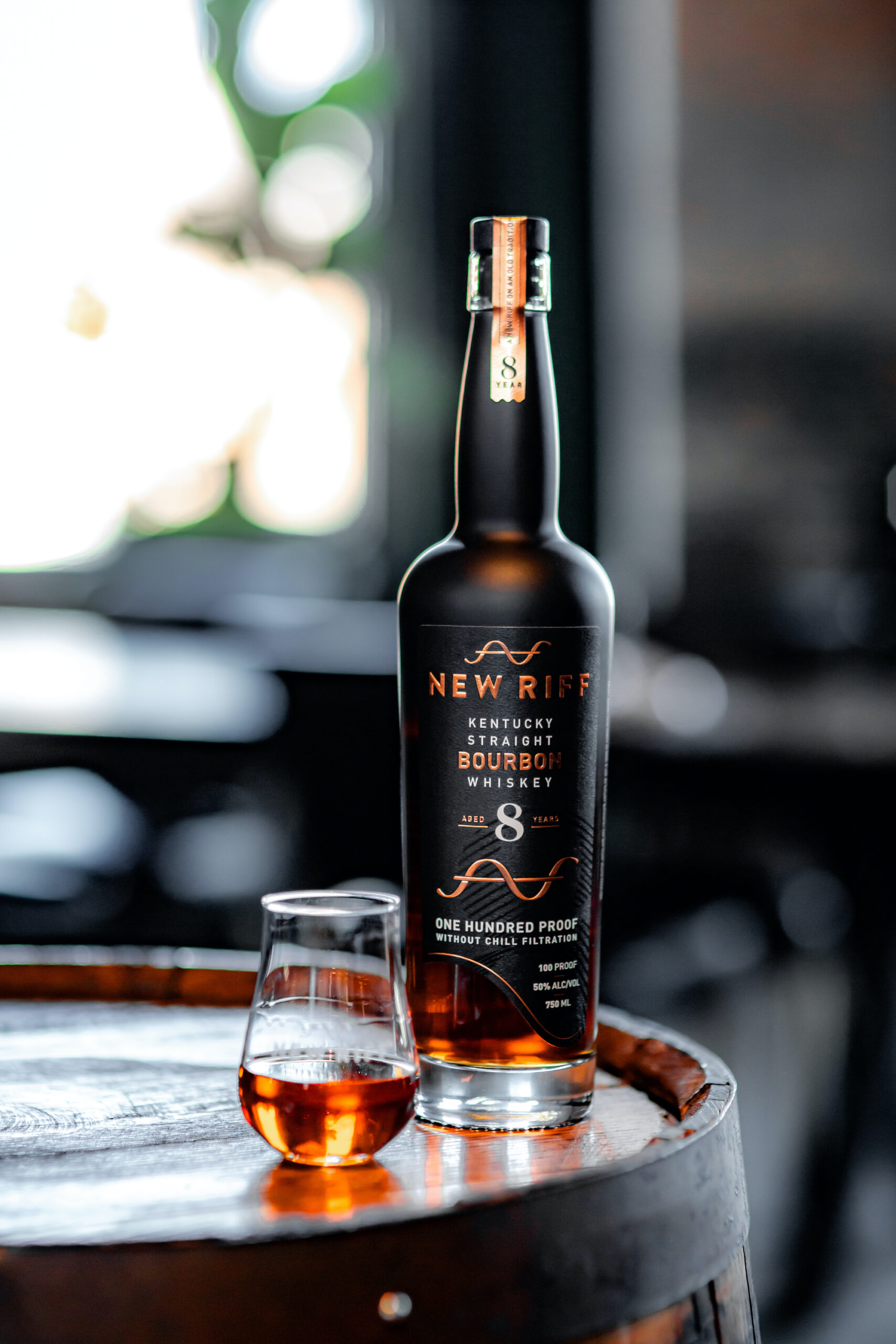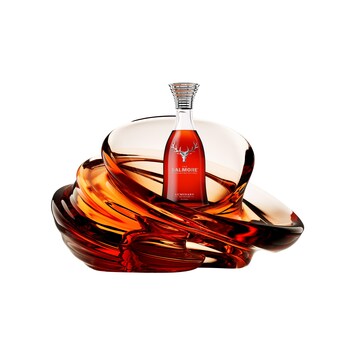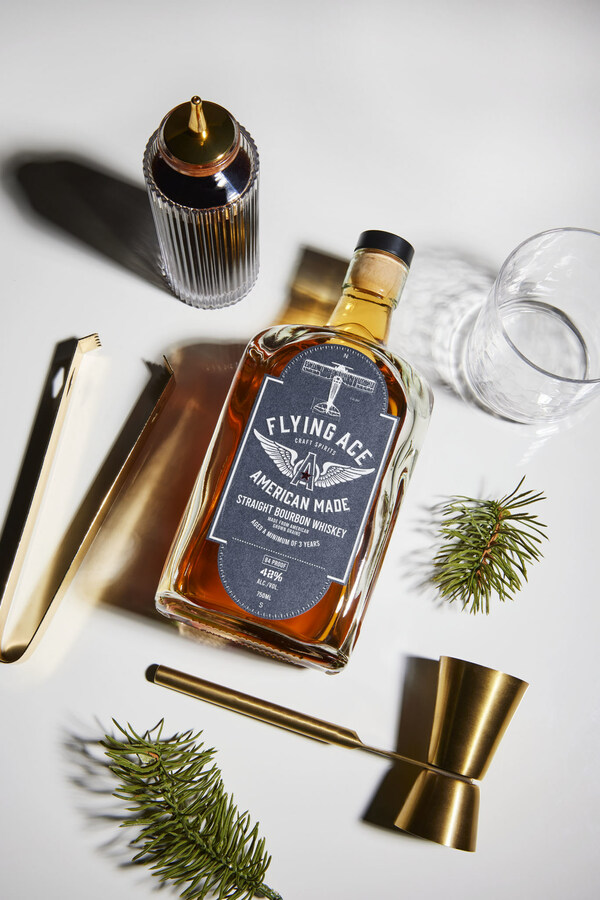Will I ever catch up?
A long Labor Day weekend preceded the 4th episode in my epic journey of Cultural Appreciation of Wine. Friday brought a trip to Manteca for the morning. I hustled to put Friday morning’s excursion behind me, so I could hop on my motorcycle for my much anticipated trip to Fort Bragg. This is an annual trip for a soccer tournament, and my pilgrimage to one of my favorite spots in the world, with some of my favorite people in the world. Playing soccer in an over 40 year old division takes it out of you, so by Monday, I was pretty tired and more than a little beat up. Back on the motorcycle for an exhilarating, if not exhausting ride back home, only to find I needed to be in Southern California for my real life job, early on Tuesday morning. Up at 4.30 am and dashing off to Oakland airport to catch the 7 am to Long Beach. Work, work, work and catch the 3 pm back to Oakland and finally, back home, brutally exhausted by about 4.30pm.
Why do I preface this week’s episode with this tale of over committing and over stretching of one’s body, mind and spirit?
To drive home the point of how much I like going to school and especially going to my Cultural Appreciation of Wine class.
No, that was not a thinly veiled attempt to get on the good side of Paul Wagner, the instructor for this class.
After brief consideration of bailing on class for the night, I grabbed my research and utensils for “The Greek Symposium”.
Class started with lecture and discussion on Tampopo. See last week’s blog for my notes on that topic. Much of the lecture following that topic centered on Dionysis, the Greek God of Free Expression and Indulgence. This included things such as music and theatre and of course, wine. The ancient Greeks celebrated and honored Dionysis with feasts on significant events, one of the most important being the grape harvest. Interestingly, the primary Dionysian celebrations were for women only. These celebrations were hedonistic and savage parties held in the wilderness, far from the prying eyes of men and children. It is believed that this served as an escape and retreat from a society normally oppressive to women. One could say it was a “Burning Man” festival for women only.
Ahh, to be a fly on the wall of such a party.
We learned from Paul, that Ancient Greeks made three types of wine.
White wine was natural, diuretic, warm and digestive.
A yellowish was was said to “bring smoke to the head”. This wine may have been made from sweeter, riper grapes and roughly equal to a desert wine.
Black wine, made from red grapes was considered more nutritious and constipating. I personally don’t think those two things should go hand in hand, but I’m sure the ancient Greeks were smarter than we give them credit for.
The Ancient Greeks normally added things to their wine. It was considered “barbaric” to drink your wine “straight”. Sometimes unfermented grapes were added. Often spices, bread dough, or honey was added. Even cheese was added. Almost always, wine was at least diluted with water.
With lecture and discussion over, we moved on to our “Symposium”. a symposium is, in essence, an ancient Greek dinner party. The Symposium was the center of the Greeks appreciation of wine. It was a focal point of the event.
The host would invite important figures of their time, in addition to more “pedestrian” guests. The Symposium would start out with servants greeting the guests and washing the guest’s hands and feet. The guest(s) of honor were seated to the right of the host. The host would begin the Symposium with an offering of wine to the gods. The wine was held in a “krater”. Paul had a 2,500+ year old example from his own private collection. I was personally glad to hold it, and glad to pass it to the next student without breaking it.
I’m sure that would have earned me an “F” for the class.
I was one of 4 honored guests. The host had a student as a slave at her disposal. And Paul served as an additional honored guest.
A Symposium is not complete, of course, without a lavish meal. and lavish, it was, with marinated meats and shrimp, flavored with numerous spices, fruits, olives, baklava, spinach salad, phylo, dolmas and more. The meal was graciously prepared by several students and it was, indeed, fit for a Symposium.
There were many contests, various forms of entertainment, music, games, dancers, poets and even drinking contests, where feats of skill would be attempted after many an offering to Dyonisis was pledged by drinking wine.
One of the more interesting “games’ was kottabos. In this game, a person drinking would attempt to knock a target off balance by flinging the last few drops of wine from their kylix (ancient drinking vessel). The “winner” could have their choice of naming a lover that they wanted for the night. Losers might be forced to drink a large amount of wine, degrading their ability to compete further. This was such a popular game that many unearthed vases we posses today show scenes of people playing this game. Maybe an ancient precursor to spin the bottle?
Wine was an important part of the Symposium, because it broke down barriers and inhibitions. Wine allowed open discourse between the power of the time, the older male citizen property owners and others outside their caste, such as power hungry younger males looking for social status. Relationships were made and destroyed. The Symposium was much like the “Power Lunches” of today.
In our Symposium, the honored guests, which included me, performed for the rest of the guests. This could be in the form of a quote, poem, story or tale, toast or any significant issue we chose to bring up. Each honored guest had the guest’s attention three times. Each time, an offering of wine mixed with water was made and drank from a modern day kylix.
The student “Honored Guests” gave quotes from the Burning Man Festival, read ancient Greek poetry about wine, told about making a prison wine called “Prune-O”, recanted funny stories from their youth, told of the meaning of wine and food to them and one honored guest even told an Irish poem he learned as a child. Paul told stories of being knighted by a loopy Italian Duchess and a touching story of a toast by a man to his father, who had died just hours before.
One story stood out. A student told the story of what food, in this case, warm fresh bread, meant to him.
He had been on patrol several years ago, in his Humvee, on the dangerous streets of Bhagdad, near the Green Zone. He was in the second Humvee in a patrol of three vehicles. Suddenly, an improvised explosive device or IED, made of several Russian artillery shells set off with a cell phone, went off under the Humvee in front of his.
The honored guest told us that as he ate the still warm bread, he felt immediate comfort, eating something that reminded him of better, happier times. His shaking subsided. His fears moved to the side. His focus and concentration returned.
The attack left him permanently disabled, having breathed in radioactive dust from the explosion and he received a medical discharge. Because the experience was so profound to him, he made his way to Napa Valley to study at Napa Valley College, for a career in food.
This story, in our Symposium, showed us the power of food. Food can not only nourish and bring great pleasure, but it can also provide comfort and satisfaction, even in it’s most basic form. Even in the form of a simple, warm loaf of fresh bread.
Anthony Blackburn is a student at Napa Valley College in the Viticulture and Winery Technology Department. He is also the Student Sales and Marketing Intern responsible for selling the wines made by the students in the student winery.
www.napavalley.edu/winerywww.napavalley.edu/winery
